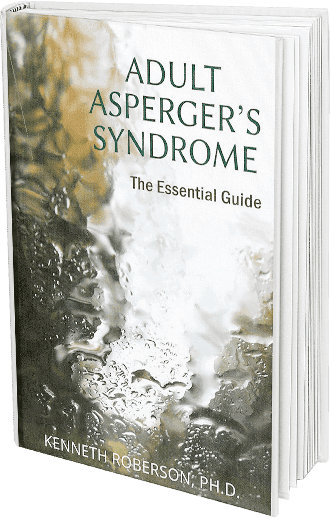
In the intricate dance of relationships, neurodiverse couples face unique challenges that require thoughtful and tailored resolution strategies. Navigating conflicts with compassion and understanding is essential for building a strong and resilient connection. This article explores practical and empathetic approaches that neurodiverse couples can adopt to enhance their conflict-resolution skills.
1. Embrace Neurodiversity Education:
The first step in developing effective conflict resolution strategies for neurodiverse couples is to embrace neurodiversity education. Understanding the unique characteristics of neurodivergent individuals and the specific condition(s) involved lays the groundwork for empathy and mutual support. Education fosters a deeper appreciation for the diverse ways partners experience and navigate the world.
2. Foster Open and Honest Communication:
Communication is the heartbeat of any relationship, and for neurodiverse couples, fostering open and honest communication is paramount. Create an environment where both partners feel safe expressing their thoughts and emotions without fear of judgment. Encourage regular check-ins to discuss feelings, concerns, and joys, building a foundation of trust and transparency.
3. Develop Clear Communication Strategies:
Given the diversity of communication styles within neurodiverse couples, it’s crucial to develop clear and effective communication strategies. Establishing a common language and finding alternative methods of expression, such as visual aids or written communication, ensures that both partners can convey their needs and perspectives in a way that resonates with each other.
4. Establish Structured Conflict Resolution Rituals:
Creating structured conflict resolution rituals provides a framework for constructively navigating disagreements. Define ground rules that work for both partners, such as taking turns expressing feelings or using specific signals to indicate the need for a break. These rituals create a sense of predictability and safety during conflict resolution.
5. Acknowledge and Address Sensory Sensitivities:
Sensory sensitivities are a common aspect of neurodiversity, and they can significantly impact conflict resolution. Acknowledge and address sensory sensitivities by choosing suitable environments for discussions. Consider factors like lighting, noise levels, and comfort to create a setting conducive to effective communication.
6. Emphasize Positivity and Appreciation:
Amidst the challenges, it’s essential to emphasize positivity and appreciation within the relationship. During conflict resolution, consciously acknowledge each other’s strengths and efforts. Focusing on the positive aspects of the relationship creates a supportive atmosphere, reinforcing the bond between neurodiverse partners.
7. Practice Active Listening:
Active listening is a fundamental skill that enhances conflict resolution in neurodiverse couples. Ensure that both partners feel heard and understood by practicing active listening techniques. This involves giving full attention, clarifying understanding, and validating each other’s emotions, fostering a deeper connection and mutual respect.
8. Understand and Respect Individual Boundaries:
Neurodiverse individuals often have unique boundaries related to personal space and time alone. Understanding and respecting these boundaries is crucial during conflict resolution. Allow each other the space needed to process information and emotions, promoting a more effective and respectful resolution process.
9. Seek Professional Support When Necessary:
Recognize that seeking professional support is a proactive step towards enhancing your relationship. If conflicts persist or become overwhelming, consider engaging in couples therapy with a professional experienced in working with neurodiverse couples. Therapy for neurodiverse couples provides additional tools, insights, and guidance tailored to the unique dynamics of neurodiverse relationships.
10. Foster a Culture of Continuous Learning:
Embrace a culture of continuous learning within your neurodiverse relationship. As partners evolve and grow together, new insights and challenges may arise. Stay curious, be open to adapting your conflict resolution strategies, and celebrate the progress made along the way. Remember, the journey toward understanding and harmony is a shared endeavor, and with dedication and patience, neurodiverse couples can build a strong foundation for a fulfilling and lasting connection.
In conclusion, effective conflict resolution is a skill that can be cultivated and refined, even in the context of neurodiverse relationships. By embracing education, fostering open communication, and developing personalized strategies, neurodiverse couples can navigate conflicts with grace and build a relationship characterized by empathy, resilience, and lasting love
Dr. Kenneth Roberson is an Autism Spectrum Disorder psychologist in San Francisco with over 30 years of experience.




